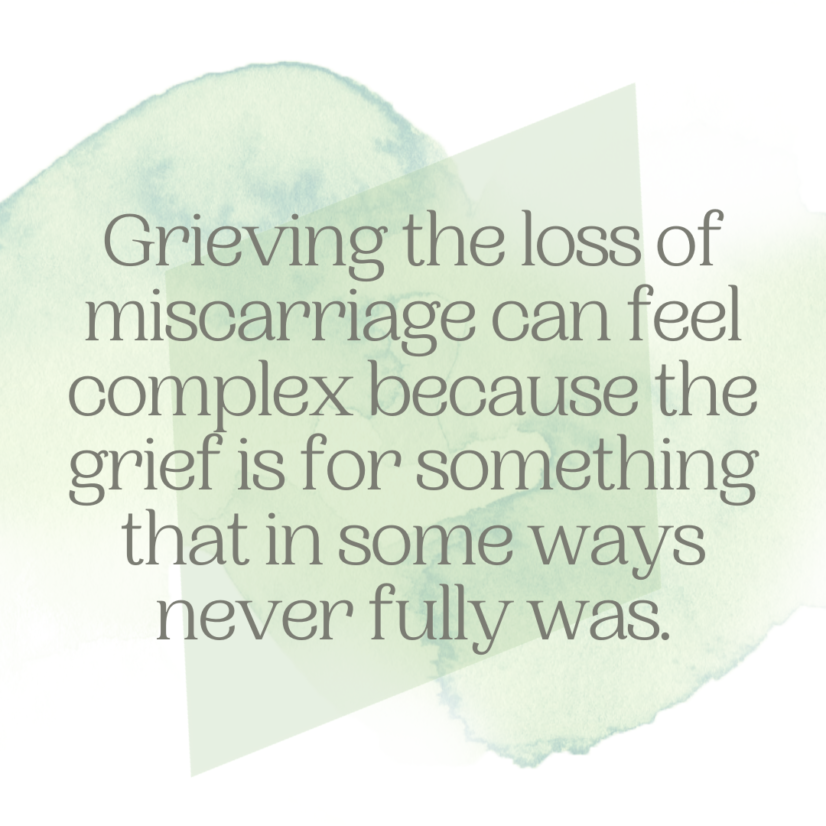I will never forget the feeling of surprise and elation when my first pregnancy test was positive. My husband and I were ecstatic! We quickly shared our news with family and close friends. I bought the book, What to Expect When You’re Expecting, downloaded several apps and we began taking weekly photos to track the pregnancy.
I will also never forget the shock and the horrible sinking feeling in the pit of my stomach when I went for my first ultrasound and the image on the screen showed no movement, no blood flow. My husband had his phone out to record the heartbeat but the only sound we heard was silence until the Ultrasound Tech said, “I’m so sorry but it doesn’t look like this pregnancy is going to continue.” We were devastated.
This is not what we expected.
In the days and weeks that followed, I was awash with so many emotions. I felt a deep sense of sadness – I never knew that I could miss someone so deeply that I had never met! I felt immense guilt – what had I done that could have caused this? I felt anger – why did this happen to me? Why had my body failed me? And I felt fear – what if I could never have a baby? I did not know a single person that had experienced a miscarriage. I felt so alone.
What I now know is that every one of those feelings is normal to experience after having a miscarriage.
Most women report feeling a sense of:
- Sadness
- Depression
- Anger
- Guilt
Grieving the loss of miscarriage can feel complex because the grief is for something that in some ways never fully was. But while I never got to hold my first child, never made memories with them, I had hopes; I had made plans. My husband and I had dreamed of what it would be like to be their parent. We had picked out names. In an instant, all of that was gone.
It is okay to grieve what could have been, what we wanted to be. A loss is a loss.
If you have experienced miscarriage, here are a few things that you can do to help cope with the pain and sense of loss:
- Allow yourself time and space to grieve – take time off of work, journal, allow yourself to acknowledge and feel the array of emotions that come with this loss. With miscarriage, the stages of grief are the same as with losing any other loved one (denial, anger, bargaining, depression, acceptance).
- Do something active – take a walk, organize or purge an area in your home.
- Honor your child – create a memento by knitting a blanket, planting a tree, or put together a box with ultrasound images and other keepsakes.
- Utilize your supports – allow people to make meals or to listen. And if your personal support network isn’t helpful, find one that is! There are lots of resources available through social media, your OB office, nationalshare.org.
- Talk about your loss – talking allows people to help. Talking also allows others to know they are not alone.
- Seek professional help – find a local therapist.
Written By: Rebekah Jones

